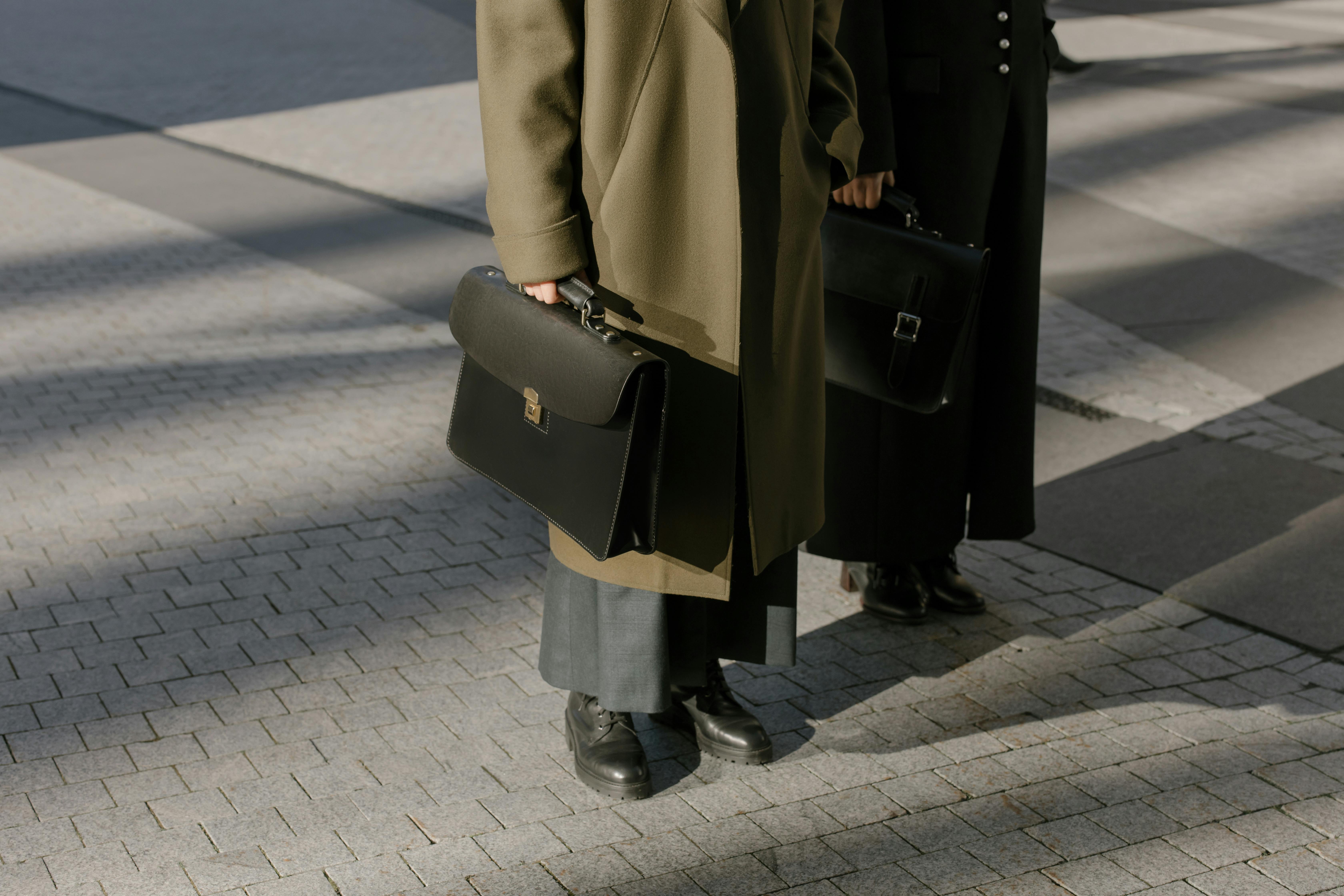
How an Obeah man chooses a spell
admin
- 0
It’s practically a Caribbean tradition to hear a neighbor practice Obeah on someone you know. However, it is a taboo subject and the actual Obeah rituals are rarely discussed, except among practitioners. Few know how Obeah works. Let alone know where Obeah’s power comes from. This will reveal some of that mystery, as well as the African and ancient spiritual forces behind it.
There are four separate spell-influencing spirits an Obeah man can choose from, as well as a fifth category of ancestral spirits. The spirits are Ogun, Sakpata, Mama Wata, Eshu and the final group of ancestral spirits belonging to an Obeah man. The Obeah man learns the art from him by tradition, but perfects it with the specific help of his ancestral spirits. Obeah’s deities, the spirits, can also be viewed from an allegorical or Jungian point of view. On an allegorical level, each of these spirits represents strength, destruction, creation, the opening of spiritual power, and tradition, respectively.
In most spells the first matter to be decided is the role of Ogun, the spirit of strength and war. It would be wrong to trust Ogun in a love affair, where a protective spirit like Mama Wata should have dominance. Ogun may still have a small role, but he would not be a dominant force. If we do not want a particularly powerful ritual or excessive force, the ritual with Ogun must be proportionate and smooth. Alternatively, the result may be overwhelming, unpredictable, or unstable.
Sakpata is a spirit that alludes to destruction, specifically pestilence. If a curse is in order, Sakpata can take an important role in the ritual. Again, with a love spell, Sakpata would be less relevant. There are some exceptions too. Sakpata, who has some mastery over agricultural affairs, is also an important spirit in finance. For example, a spell for money may involve Sakpata and Eshu, or other spirits.
Eshu must be mentioned before proceeding. As the spirit guardian at Obeah, the conduit to the spirit world, Eshu is invoked in all rituals. Eshu may also be the sole force behind many, as he is said to have mastery over magic and spiritual power. It is Eshu who gives visions and psychic abilities. Eshu is often related to Papa Legba, in Vodou, or Saint Lazarus in a spiritual Catholic interpretation.
Therefore, we cannot tell much simply by knowing if Eshu is involved. Eshu may be involved in curses with Sakpata, or even healing spells in the same spirit, again, Sakpata. This is one of the reasons why Obeah has been less codified and less exposed than other Afro-Caribbean religious traditions. The ambiguity of many rituals has made meanings obscure for the uninitiated to discern.
If Eshu represents the link to the spirit world, our actual ability to cast a spell, then it is Obeah’s ancestral spirits that make each individual unique. Obeah, technically, is a form of shamanism though less commonly associated with the term. This is because it is based on the contact of the spirits; both unrelated and ancestors of the practitioner. This is one of the reasons, although being a primarily African tradition, modern Obeah has incorporated occult traditions from Western Europe. Mixing began in Jamaica as early as the 1940s, with Laurence’s LW tracts and publications.
The Obeah man must deal with many factors to choose the right spell. Knowing which spirits to work with is required and the main principle behind Obeah is the spiritual forces that drive it. Like a spiritual painting, he must be designed with the right balance. This is the only way to ensure both the safety and the accuracy of the ritual.
Safety is of the utmost importance to the Obeah man. The reason is because, when it comes to spirits, the danger falls on the direct practitioner. Traditionally it has been common in the Caribbean for many people to visit an Obeah man, but only a few actually practice. Obeah will return to the person attempting the ritual. He would not do anything to the person using the services of an Obeah doctor, since they themselves did not participate in the ritual. This provides a level of security for the client, but a level of danger for the practitioner. Therefore, safety is always a concern for the Obeah man. He must respect the spirits and act according to their will to ensure the safety of the spell.
Reliability is the final basic element of why a spell is selected or discarded. The ritual simply has to work. Few expect a spell to change their life overnight. But it must work consistently and quickly. Those who practice Obeah experiment and ultimately come up with the best and most functional spells. That’s why Obeah is both powerful and practical. He has been able to weed out less functional spells and integrate new practices to speed up results. Obeah gets the reputation he deserves for having effective rituals.
The balance of spiritual forces, concern for safety and trustworthiness are the cornerstones in selecting or creating an appropriate Obeah ritual. A failure in any of these can make a ritual dangerous to perform or not work at all. However, Obeah is a growing tradition with more people learning and practicing as knowledge spreads. This will make Obeah experimentation more common, but the spells will stay consistently strong, even if they change, because we use the ones that just work.

